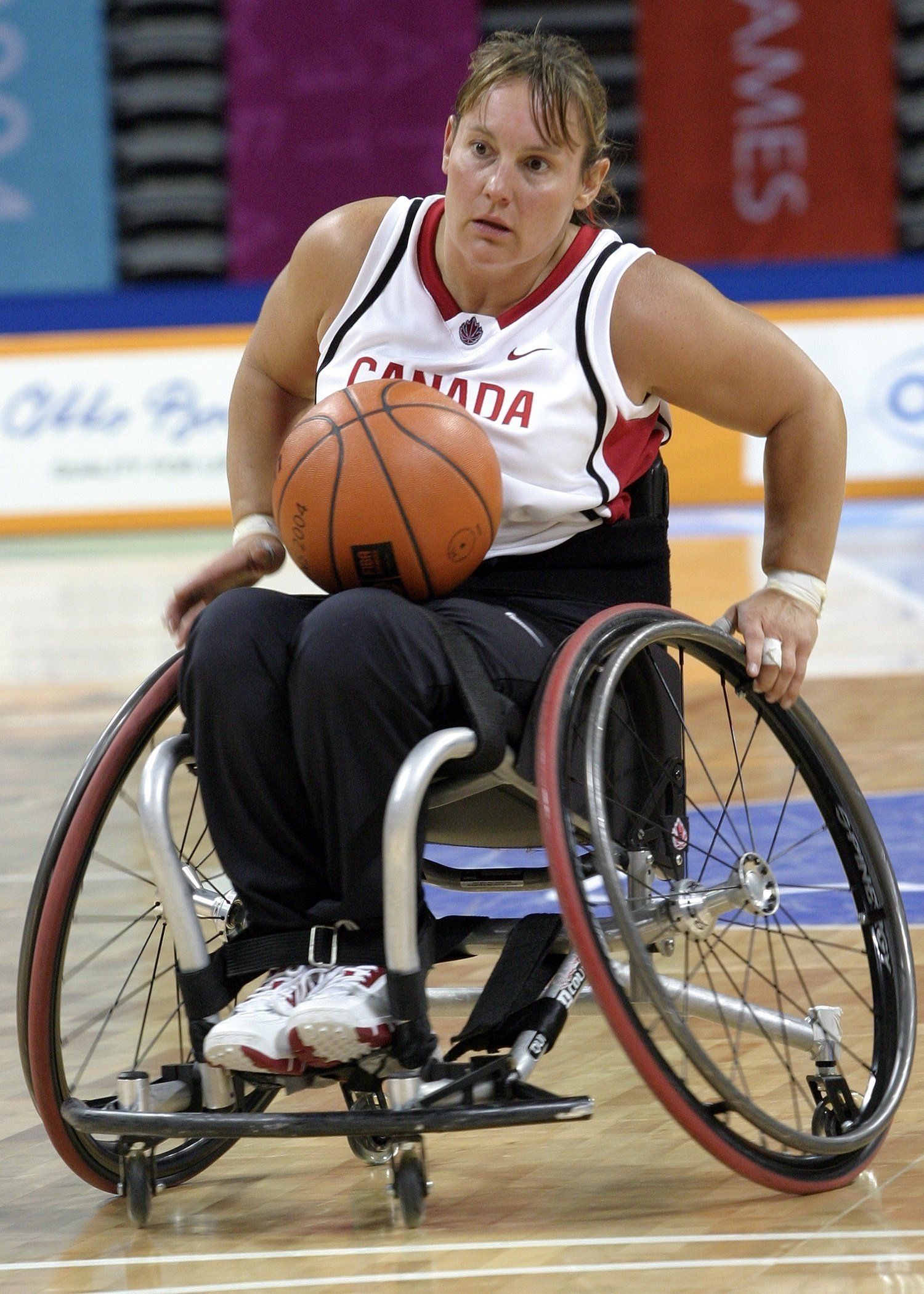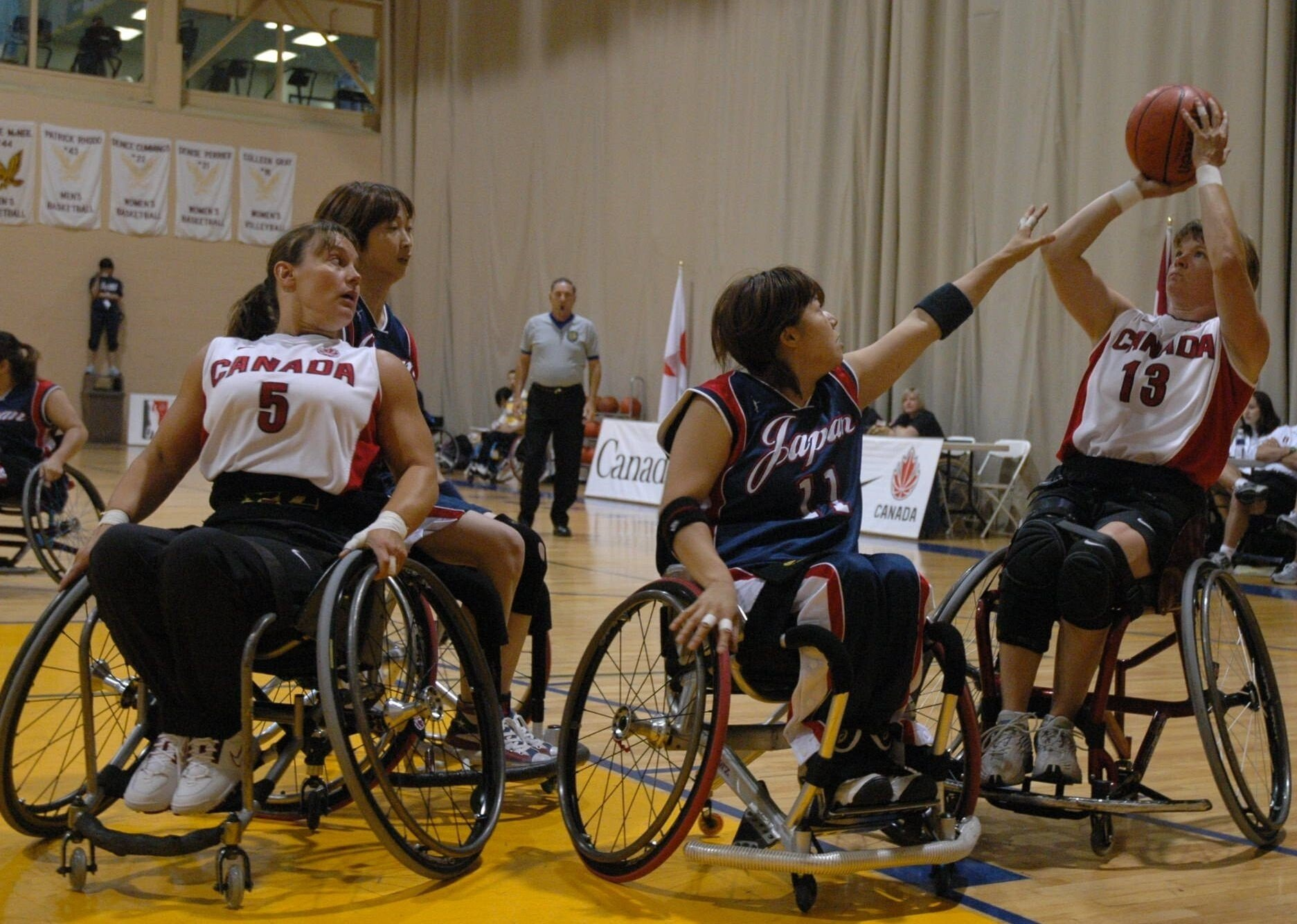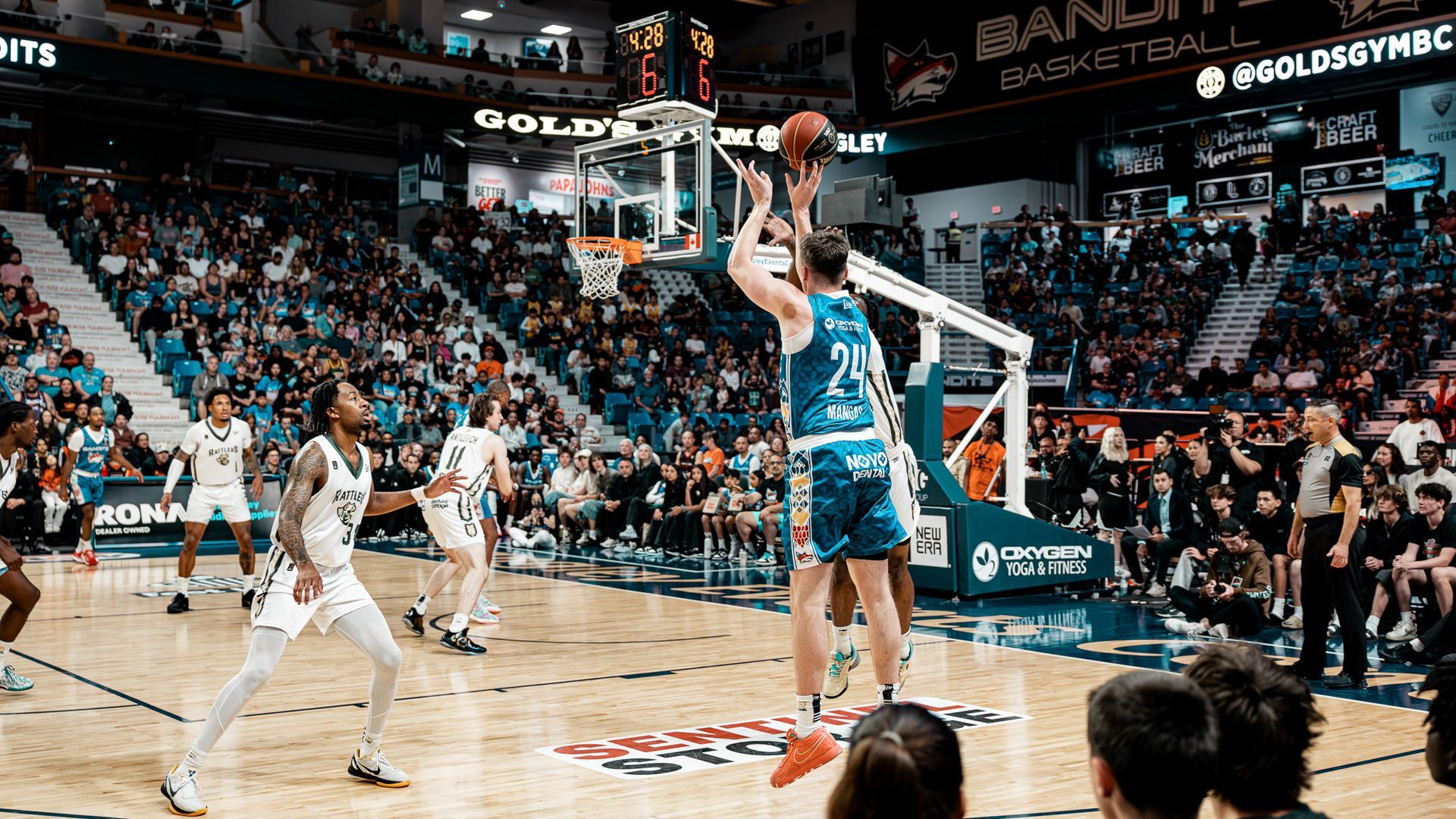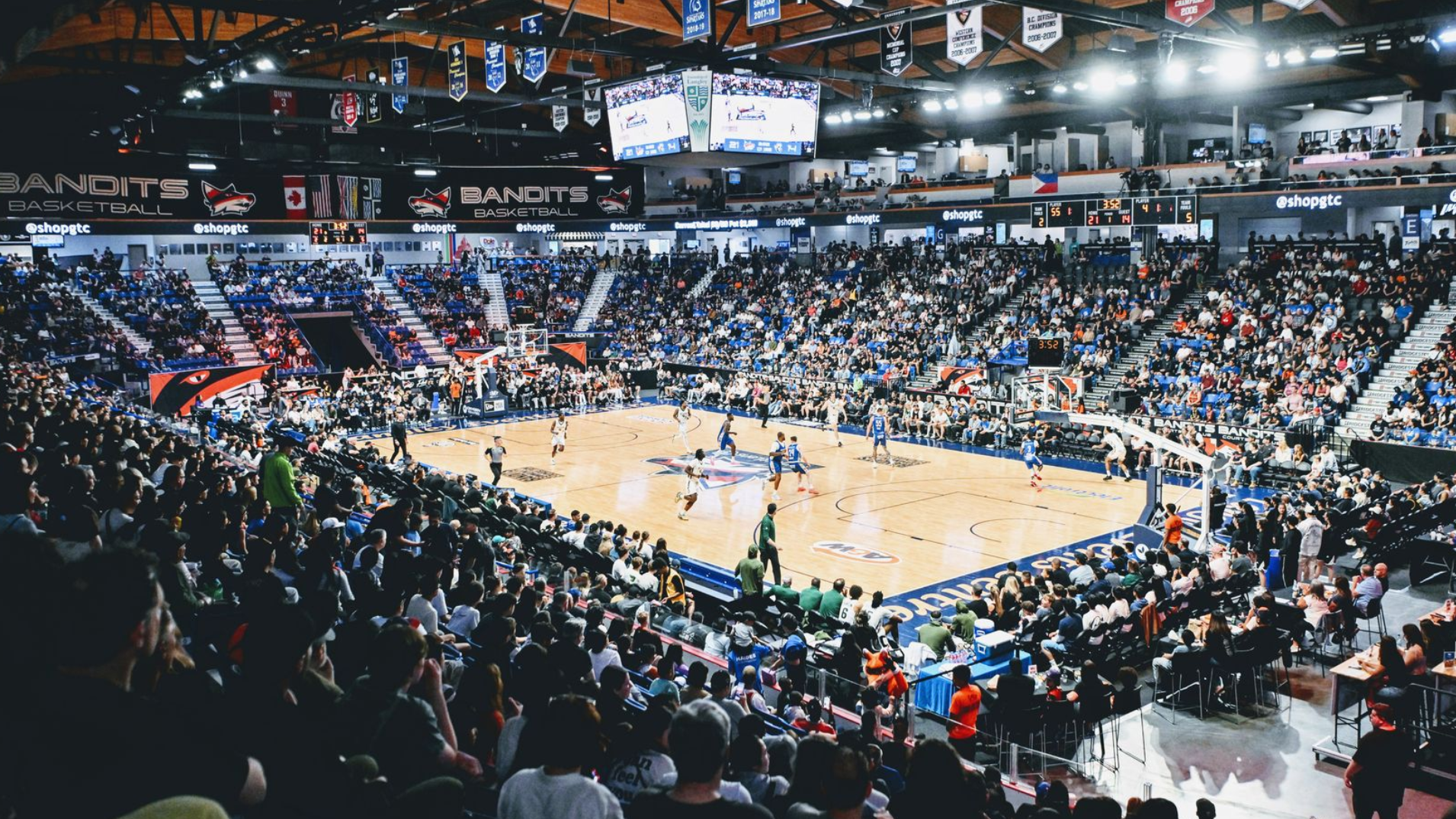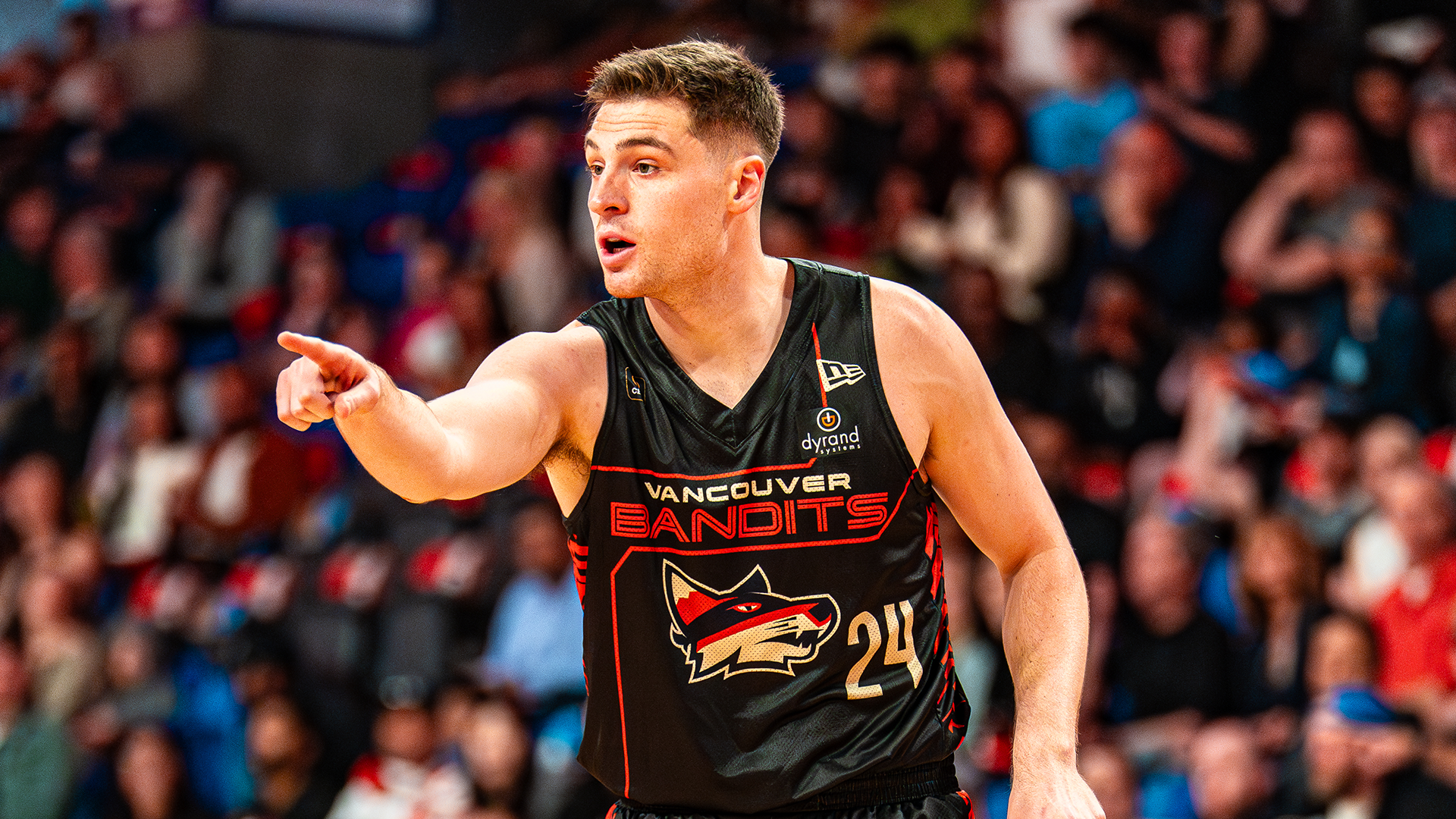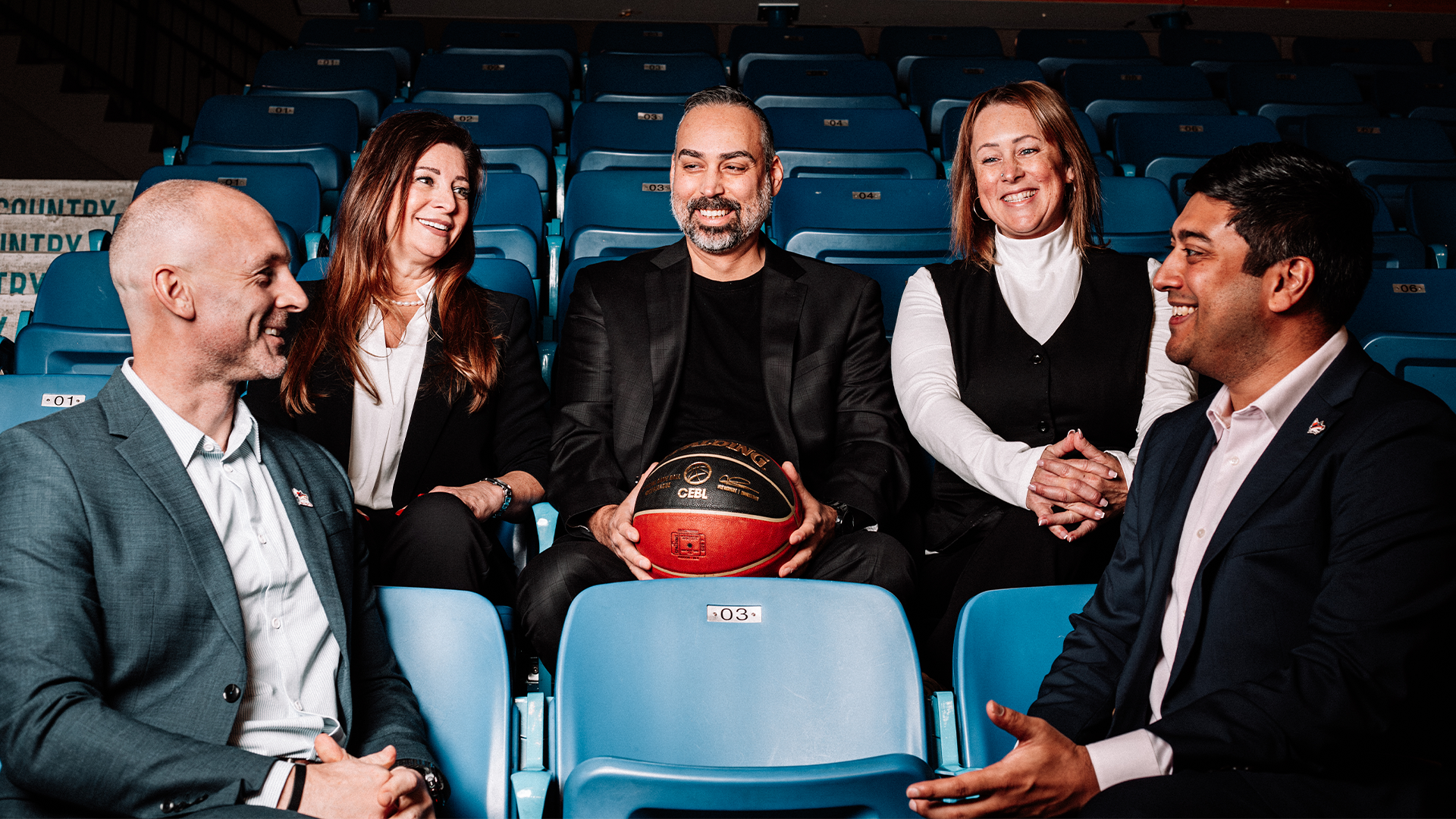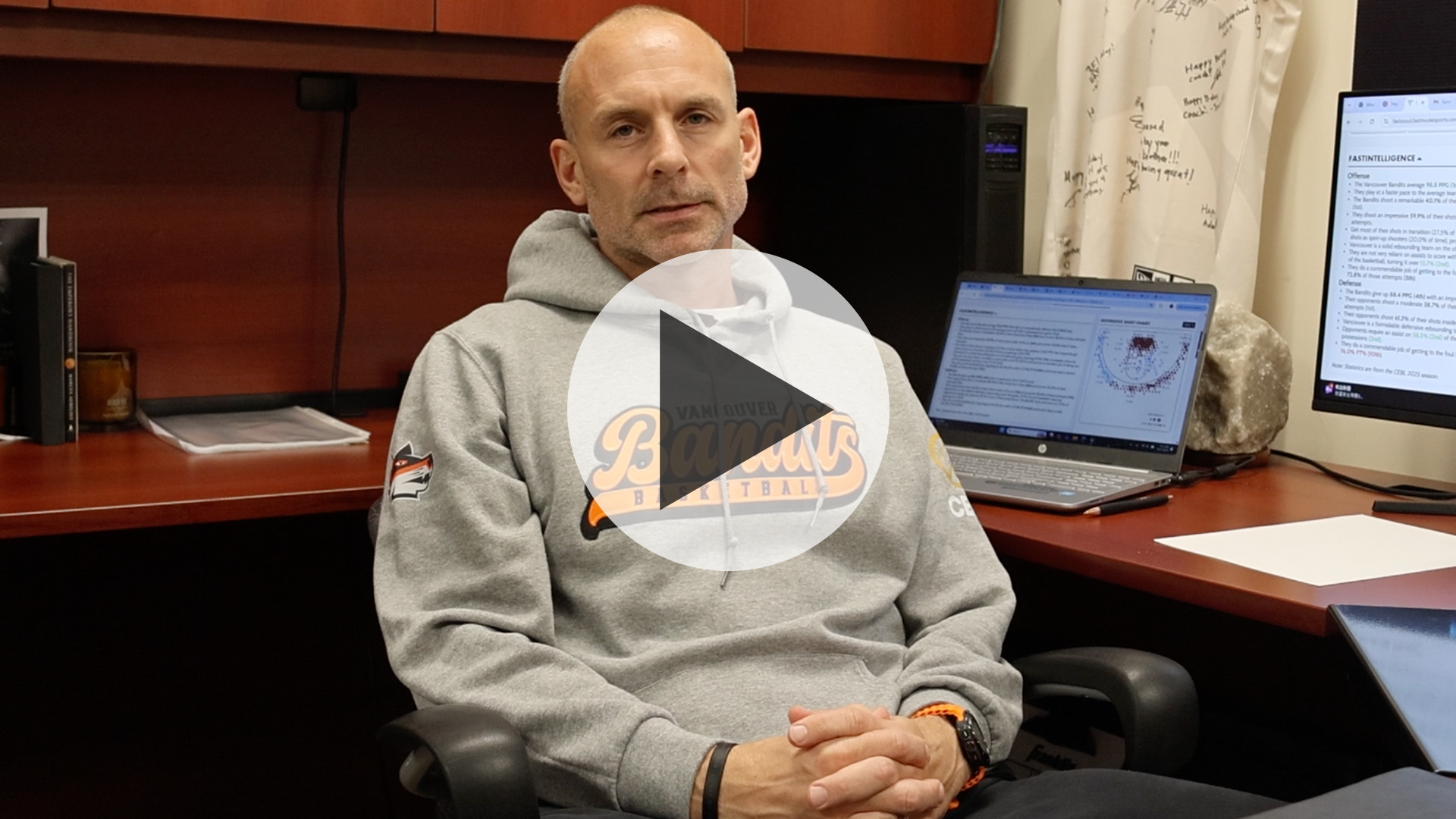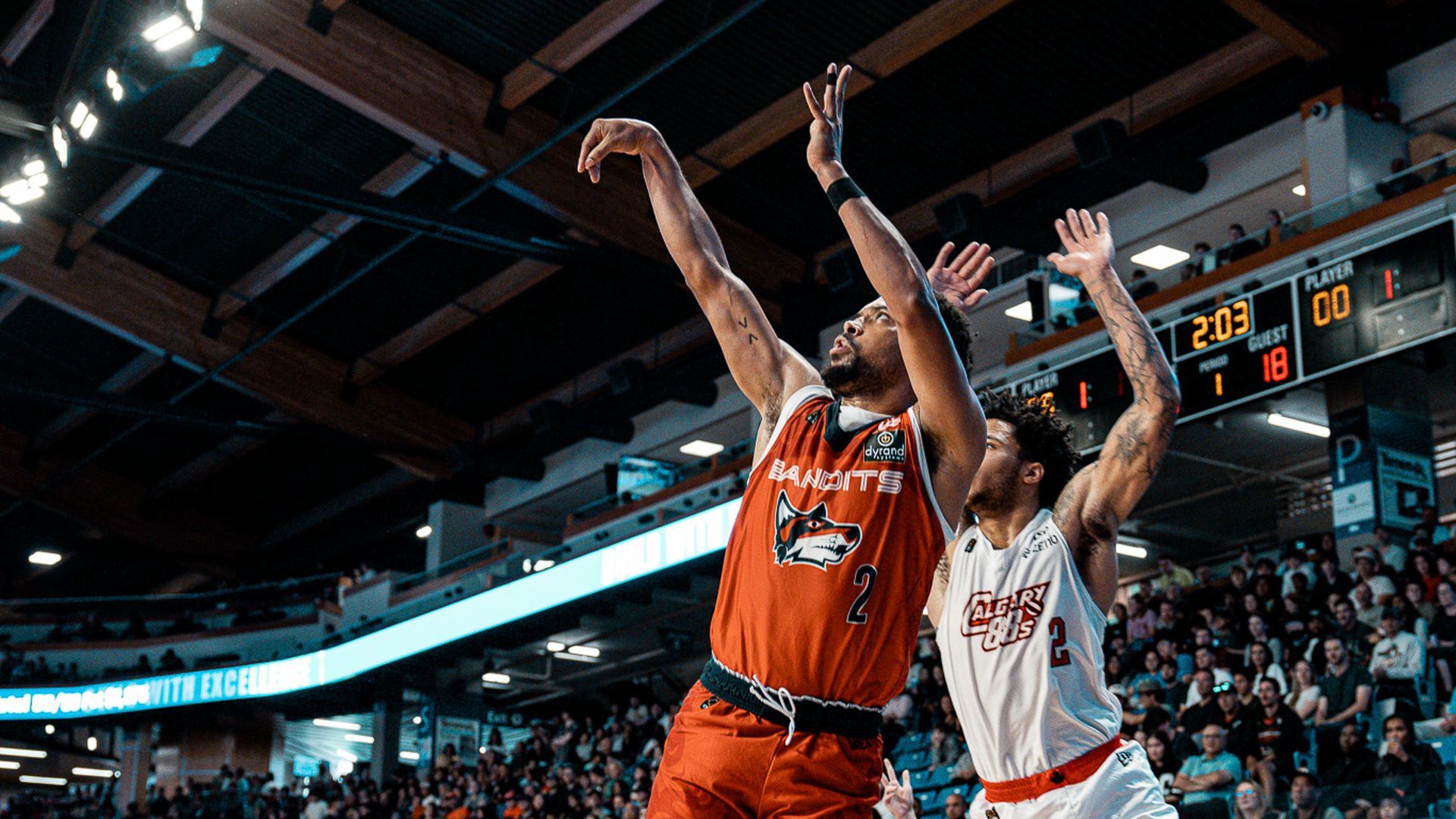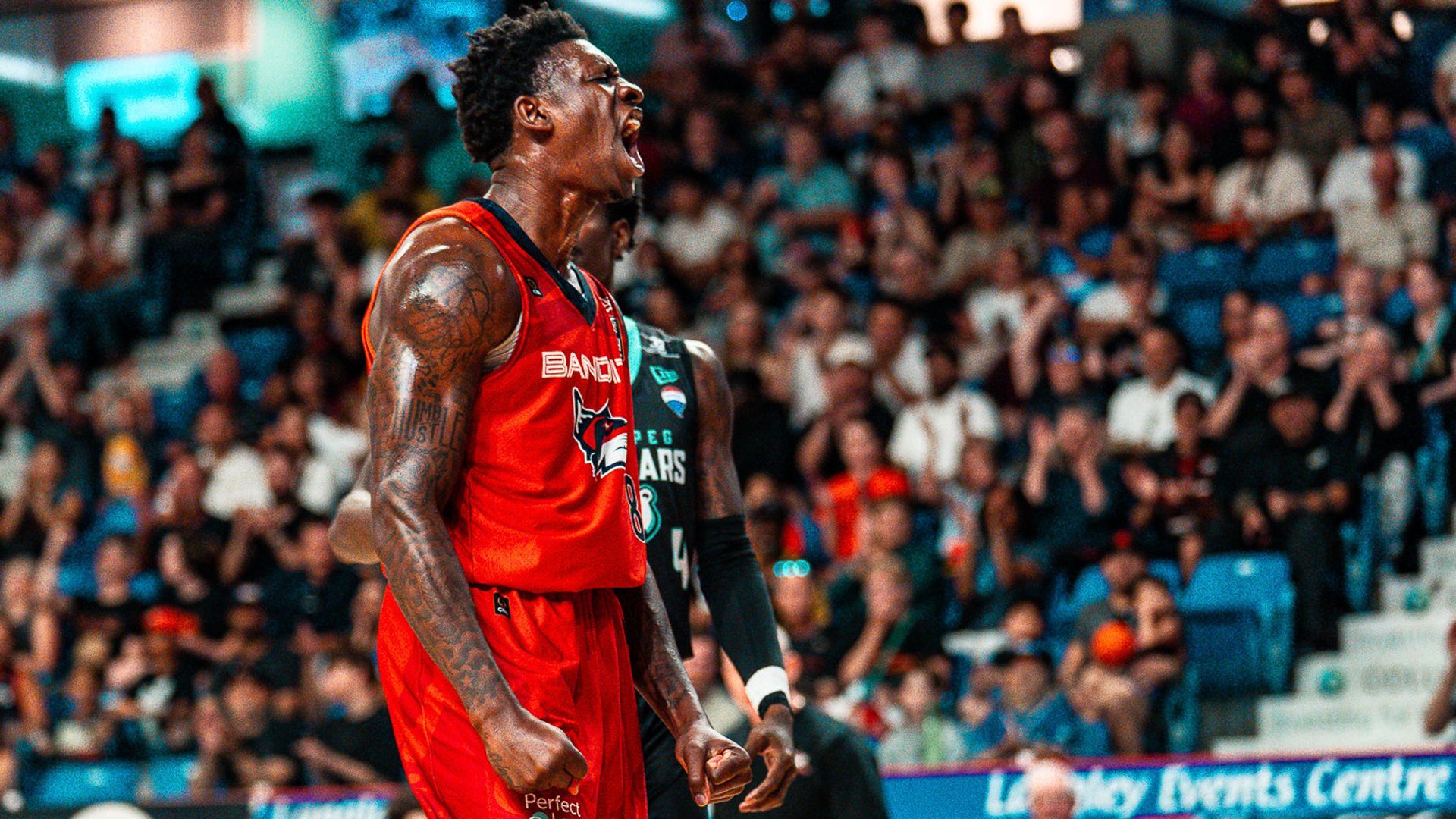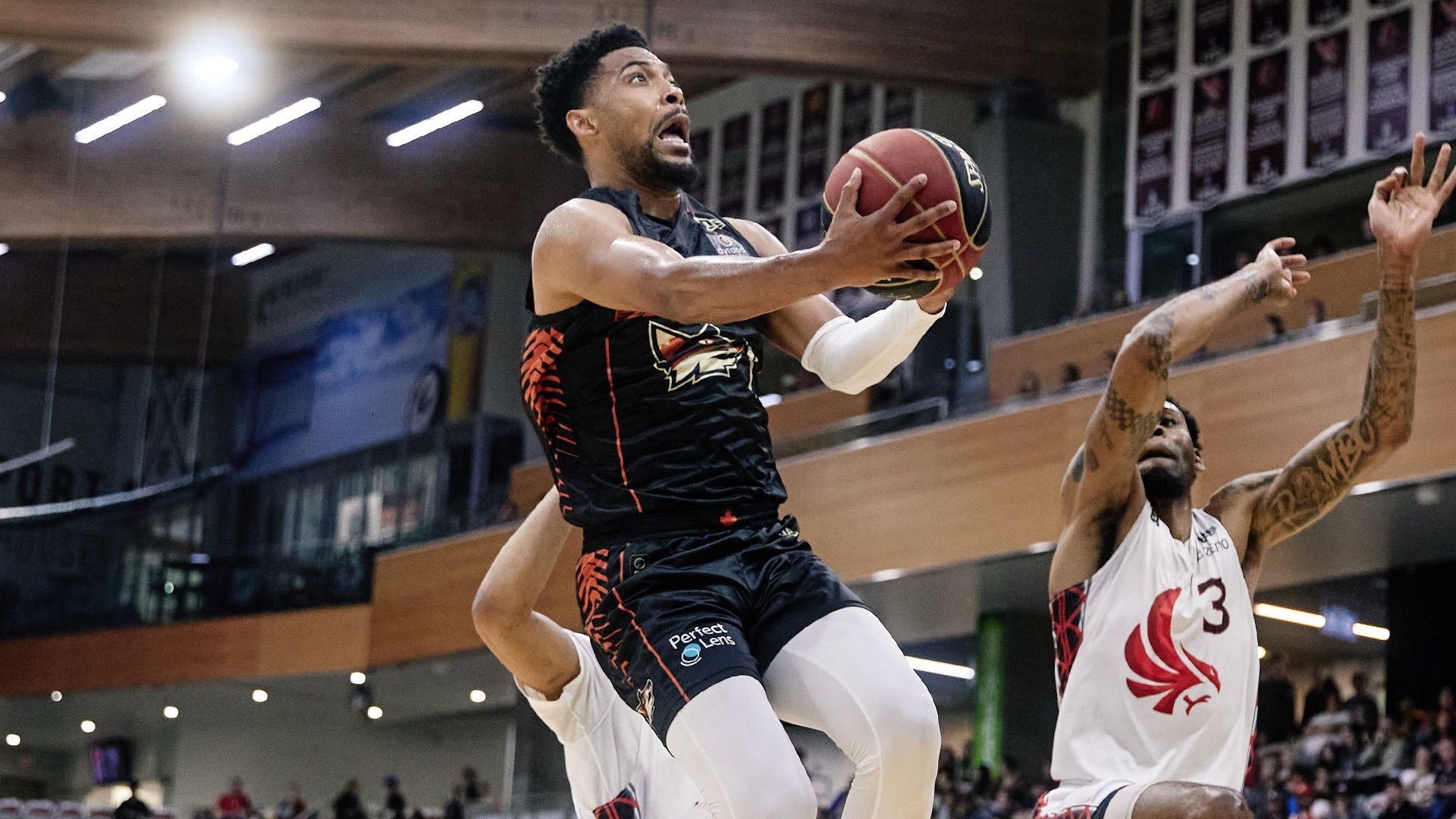Marni Abbott-Peter and the Canadian women's wheelchair basketball team had just won its first gold medal in program history after beating the United States at the 1992 Paralympics in Barcelona, Spain.
It was a milestone that marked the beginning of a future dynasty. One that saw Abbott-Peter and the national team go on to win three-straight Paralympic gold medals and World Championships from 1992 to 2002 — the only wheelchair basketball team to ever accomplish the feat.
The young girl who grew up with dreams of becoming a nurse and skiing competitively at the Olympics was now a Paralympic champion on the basketball court.
For her, it was also a turning point towards overcoming the shreds of doubt and self-pity left behind from when she was 18-years-old.
In 1983, Abbott-Peter crashed during a ski run on the hills of SilverStar Mountain Resort in Okanagan Valley, B.C.. The incident left her with significant damage to the third, fourth and fifth thoracic vertebrae between her shoulder blades.
"Sport really made me understand that walking wasn't as important as it seemed to be at the time that I broke my back," Abbott-Peter said.
Growing up, most of Abbott-Peter’s childhood was spent playing outside and around her home’s field, where her family also kept the dirt bikes and horses. Such was the good life of living on a small farm in Salmo, B.C., a town located south of the city of Nelson, where she was born.
By the time she was three-years-old, her father was already bringing Abbott-Peter and her older brother, Bill, and younger sister, Misti, to the local ski hills.
At the age of five, Abbott-Peter had a delightful surprise when she arrived at one of her races at the Nancy Greene Ski League. Greene, her childhood idol, had come to make an appearance that day.
While the words Greene spoke of during her visit remain a blur to Abbott-Peter now, the memory remains. She remembers the wool ski sweater worn by the former Olympic gold medalist and the feeling from holding one of the medals the legendary Canadian ski racer brought in the palm of her hand.
When her family moved to Enderby, B.C., everyone Abbott-Peter knew seemed to be involved in hockey or figure skating. Skiing had been her pastime as a kid. So, in the spirit of trying new things – and because all her friends were doing it – she laced up a pair of figure skates and glided onto the ice.
“Like a bull in a china shop,” was how her mom described it, Abbott-Peter said.




